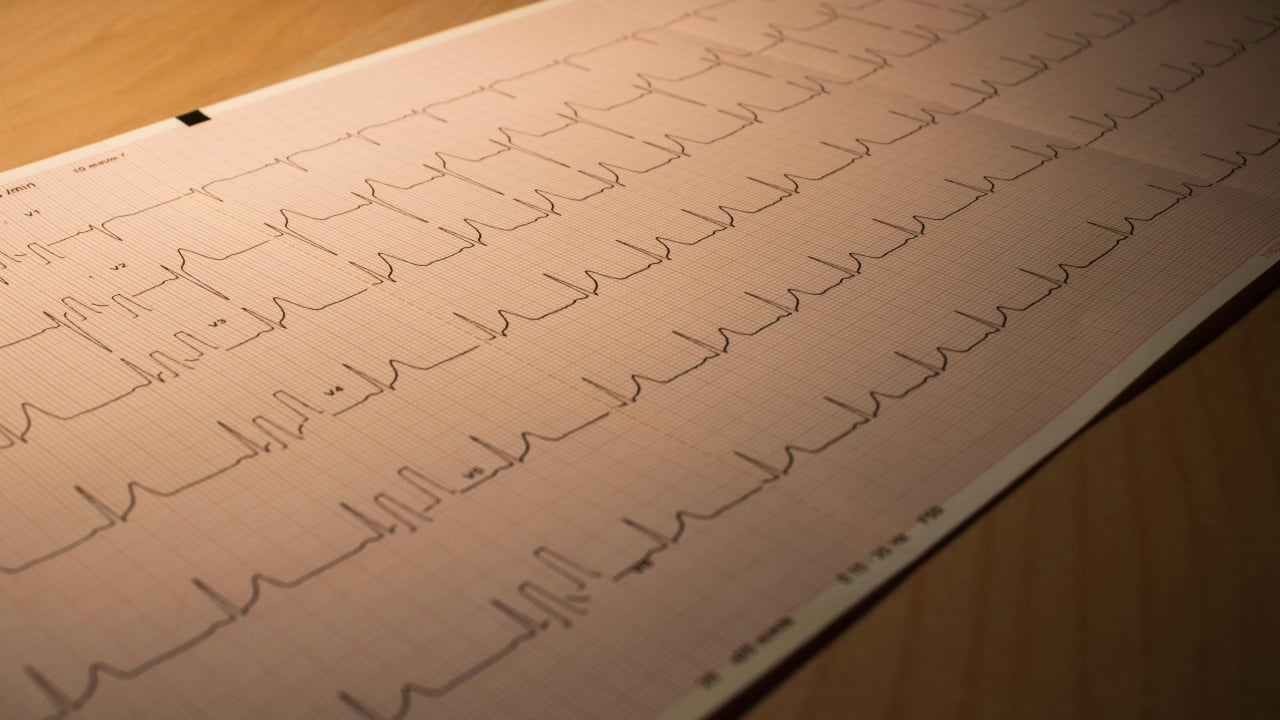Protect Your Heart: Ditch These Habits to Lower Cholesterol and Reduce Stroke Risk

High cholesterol is a silent threat to your heart health, increasing your risk of heart attacks and strokes. While genetics play a role, many everyday habits are significantly contributing to the problem. The good news? Small, sustainable lifestyle changes can make a big difference in lowering your cholesterol levels and safeguarding your long-term health. Let's explore the common culprits and how to break free from them.
Understanding the Link: Cholesterol, Heart Attacks, and Strokes
Cholesterol is a waxy substance found in your blood. Your body needs some cholesterol to function properly, but too much can build up in your arteries, forming plaque. This plaque narrows the arteries, restricting blood flow and increasing the risk of blood clots. A blood clot blocking an artery supplying the heart can cause a heart attack. Similarly, a clot blocking an artery supplying the brain can lead to a stroke – both serious and potentially life-threatening conditions.
The Bad Habits Contributing to High Cholesterol
Here's a look at some of the lifestyle habits that can negatively impact your cholesterol levels:
1. A Diet High in Saturated and Trans Fats
Foods like fried foods, processed snacks, fatty meats, and full-fat dairy products are often loaded with saturated and trans fats. These fats significantly raise your LDL (bad) cholesterol levels. Swap these out for healthier options like lean protein, fruits, vegetables, and whole grains.
2. Excessive Sugar Intake
Consuming too much sugar, especially from sugary drinks and processed foods, can lead to increased triglycerides (another type of fat in your blood) and lower HDL (good) cholesterol. Reduce your sugar intake by choosing water over soda, and opting for whole, unprocessed foods.
3. Lack of Physical Activity
A sedentary lifestyle contributes to lower HDL cholesterol and higher LDL cholesterol. Regular physical activity helps raise HDL levels and can lower LDL levels. Aim for at least 30 minutes of moderate-intensity exercise most days of the week. Even a brisk walk can make a difference.
4. Smoking
Smoking damages blood vessels, lowers HDL cholesterol, and increases LDL cholesterol. Quitting smoking is one of the best things you can do for your overall health, including your heart health. Seek support and resources to help you quit – it's never too late.
5. Excessive Alcohol Consumption
While moderate alcohol consumption may have some health benefits, excessive drinking can raise triglyceride levels and increase blood pressure, both of which negatively impact heart health. Stick to recommended guidelines for alcohol consumption.
Small Changes, Big Impact: Lifestyle Modifications for a Healthier Heart
Making gradual, sustainable changes to your lifestyle is key to lowering cholesterol and reducing your risk of heart attacks and strokes. Here are a few tips:
- Embrace a heart-healthy diet: Focus on fruits, vegetables, whole grains, lean protein, and healthy fats.
- Get moving: Incorporate regular physical activity into your routine.
- Quit smoking: Seek help if you need it.
- Limit alcohol intake: Stick to recommended guidelines.
- Manage stress: Find healthy ways to cope with stress.
By taking control of your lifestyle habits, you can significantly reduce your risk of heart attacks and strokes and enjoy a longer, healthier life. Talk to your doctor about your cholesterol levels and what steps you can take to improve your heart health.






